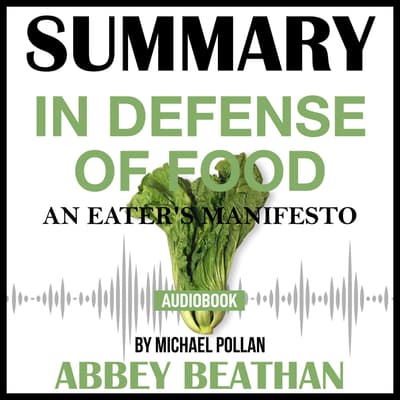

This sounds a lot more cryptic and it doesn’t encourage you to eat less meat – no, just less “saturated fat” – whatever that means.Īnd that’s how one greedy guy got you to think about eating low-carb instead of quitting donuts. However, since head of the committee, George McGovern, happened to own a bunch of cattle farms, (which would not have sold a lot of meat after the release of the report), the wording was changed to “decrease consumption of animal fat, and choose meats, poultry and fish which will reduce saturated fat intake.” Originally, the report was going to tell people to “eat less meat and dairy.” The reason the lipid hypothesis became a center of attention is that in 1977, a special committee selected by the senate published a report called “The Dietary Goals for the United States”. However, that lipid hypothesis stood on just two, very shaky studies, but over the years has been cited and re-cited thousands of times, until it became an almost universally accepted “law” – in spite of just as many studies showing opposing evidence. It all started in the 1950s, when scientists came up with something called the lipid hypothesis – the idea that eating lots of fat and cholesterol (mostly from meat and dairy) is bad for you and causes heart disease. Today, we spend most of our time talking about nutrients, rather than foods, but why is this?

How did you describe your dietary habits the last time you thought about changing something? Did you say: “I’ll try to eat less bread and more salad?” Or rather something like: “I’m cutting out carbs.” If you want to save this summary for later, download the free PDF and read it whenever you want.ĭownload PDF Lesson 1: You now think more about nutrients than foods because of one greedy senator from the 1970s. Ready to fight for your right to good food? Let’s go get some advice from grandma!

He’ll show you how the construct on which the modern, Western diet is based is a very shaky one at best, why it has done nothing for our health and how to return to an actual culture of food. With In Defense Of Food, he takes it one step further, debunking the entire science of nutritionism. In The Omnivore’s Dilemma he explained how the explosion of corn supply has led to a paradoxical amount of food choices and how we can make far better ones by simply buying from what’s locally available to us. In case the answer is “probably not”, you should have a talk with Michael Pollan. If you gave your great-grandma your breakfast – would she recognize it as food? Listen to the audio of this summary with a free reading.fm account*:


 0 kommentar(er)
0 kommentar(er)
